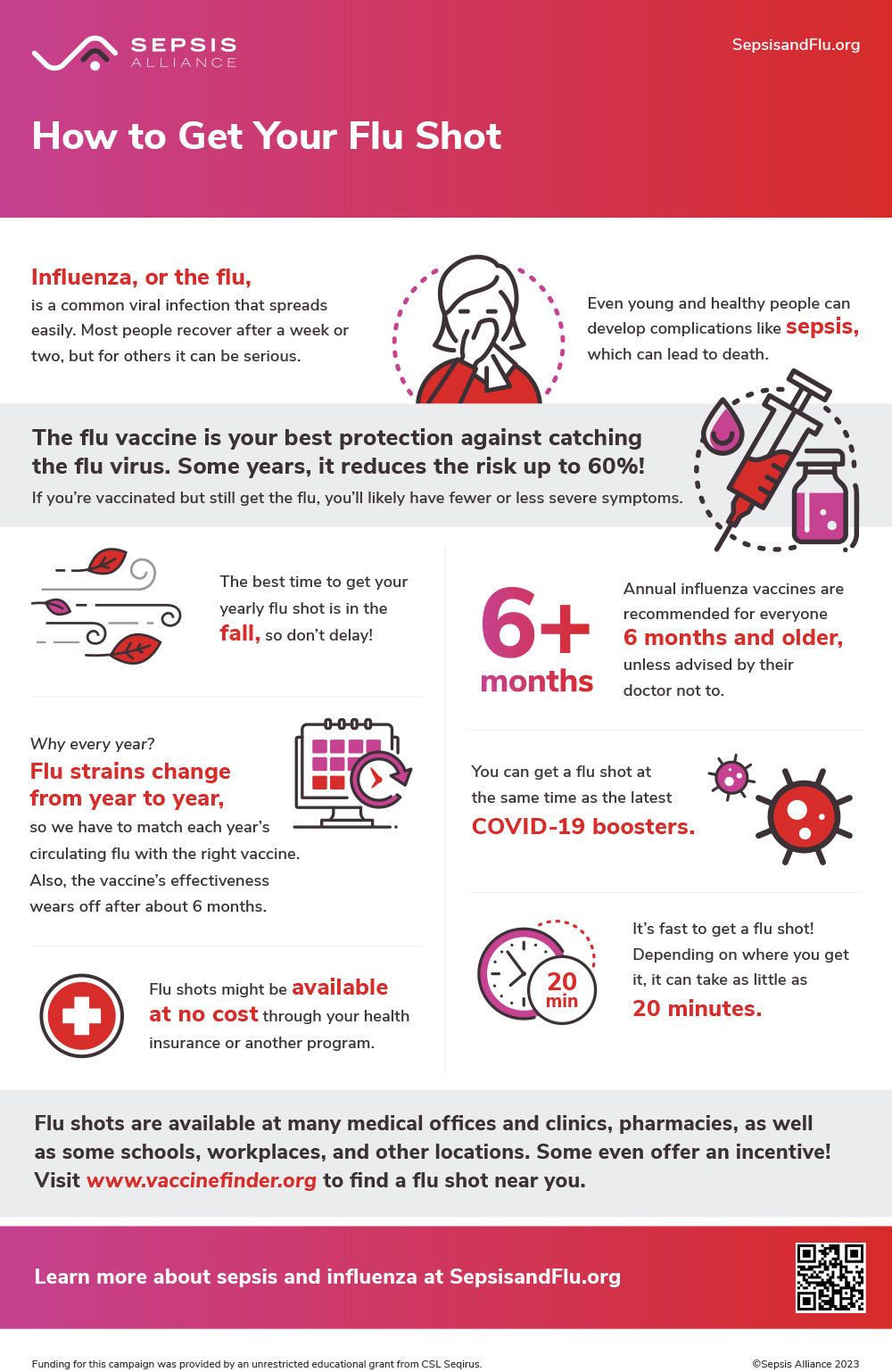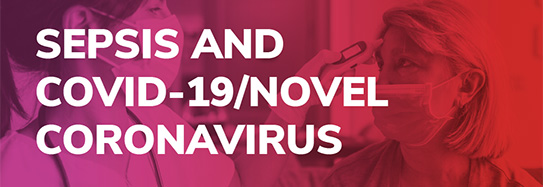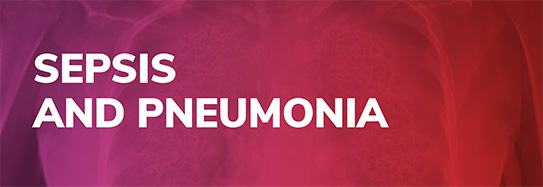A respiratory infection is any infection that affects your respiratory tract. It can be a common infection, like a cold, respiratory syncytial virus (RSV) or viral pneumonia, or a rarer respiratory infection, like bacterial nontuberculous mycobacteria (NTM) or fungal histoplasmosis.
The infections are divided into whether they affect the upper respiratory tract and lower respiratory tract. The upper respiratory tract includes the:
- Nose
- Mouth
- Sinuses
- Pharynx (upper section of the throat)
- Larynx (voice box)
The lower respiratory tract includes the:
- Trachea (windpipe)
- Bronchial tubes
- Lungs
As with any infection, respiratory infections can cause sepsis. Sepsis, which was often called blood poisoning, is the body’s life-threatening response to infection. Like strokes or heart attacks, sepsis is a medical emergency that requires rapid diagnosis and treatment.
Suggested Citation:
Sepsis Alliance. Sepsis and Respiratory Infections. 2023. https://www.sepsis.org/sepsisand/respiratory-infections/
Updated October 25, 2023.

















































